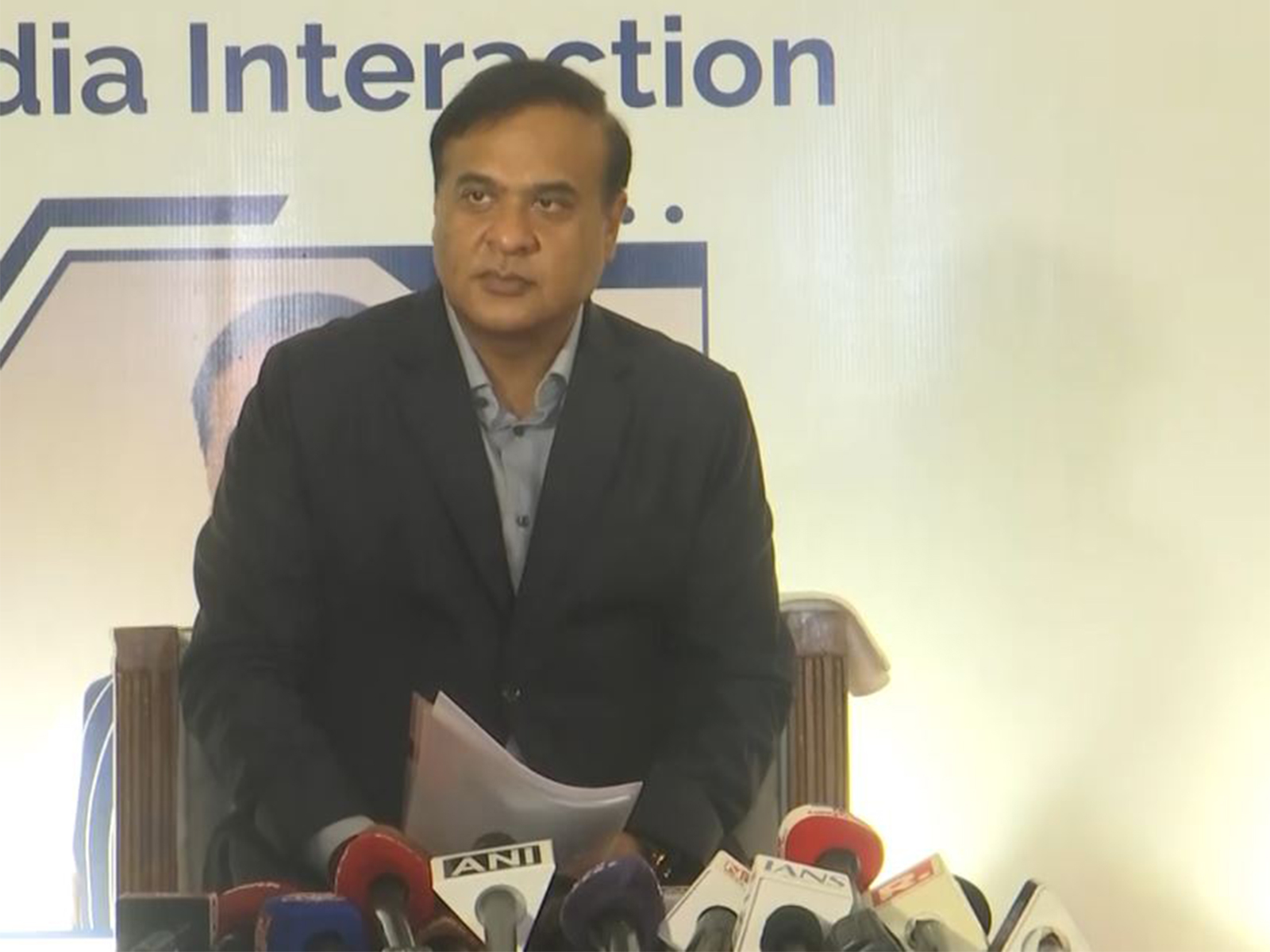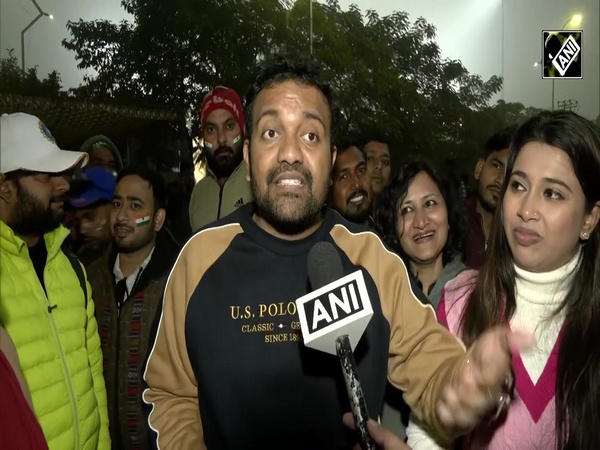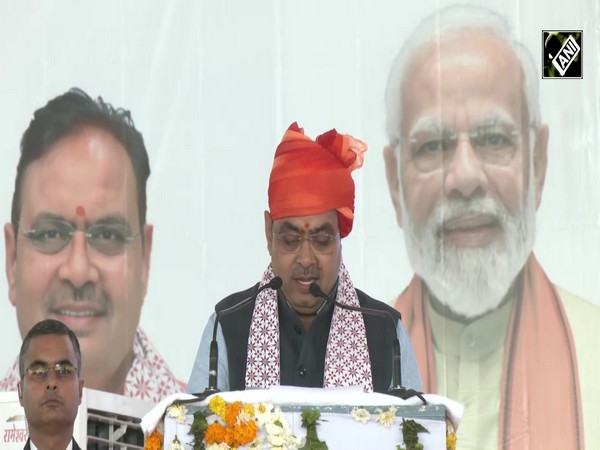Rs 1200 cr bank fraud case: Court issues NBW against three accused in money laundering case
Nov 23, 2024

New Delhi [India], November 23 : Delhi's Rouse Avenue court has recently issued Non-Bailable Warrants (NBW) against three persons in a money laundering case linked to Rs. 1200 crores bank Fraud case. This case is related to Amira Pure Foods Private Limited.
Special CBI Judge Amitabh Rawat allowed the application of the Enforcement Directorate (ED) seeking the issuance of non-bailable warrants against the accused namely Karan A. Chanana, Anita Daing & Rajesh Arora.
"Considering the facts and circumstances and the fact that all three respondents are named accused both in predicate offence and in this ED case and wanted to be arrested by the ED for commission of offence under PMLA and all of them deliberately and intentionally appears to be evading summons and not participating in the investigation at all and one or some of them having escaped out of India and LOCs being opened against them and for aiding investigation and proceedings further in this case, issuance of NBWs would be justified," Special Judge Rawat said in the order dated November 20.
"Let NBWs be issued against said three respondents/accused persons to be executed through the concerned IO returnable on February 3, 2025," the court ordered.
It was submitted by the ED that summons were issued to the respondents but they have not complied with the said summons.
Special Public Prosecutor (SPP) Manish Jain along with Snehal Sharda submitted that Even after the last summons was issued on September 3, 2024, and till date they have not joined the investigation under PMLA.
It was also submitted that the respondents have deliberately, intentionally and knowingly avoided their presence before the IO in compliance with summons issued under Section 50(2) and (3) of PMLA.
The Enforcement Directorate had moved an application for the issuance of non-bailable warrants against respondents namely Karan A. Chanana, Anita Daing and Rajesh Arora.
ED had prayed for the issuance of open ended Non-Bailable Warrant against three respondents namely Karan A. Chanana, Anita Daing and Rajesh Arora to be executed through its officers.
The Special Public Prosecutor for ED had submitted that the Central Bureau of Investigation (CBI) had registered an FIR on November 23, 2020, under Section 120B, 420 and 471 of Indian Penal Code (IPC), Act, 1860 and Prevention of Corruption (PC) Act, 1988 on the basis of complaint dated 17.11.2020 filed by Canara Bank.
In the said FIR, it was alleged that the accused company M/s Amira Pure Foods Private Limited through its Directors/Promoters/Employees and others have committed fraud by siphoning and diverting funds, criminal misappropriation, criminal breach of trust, cheating, fraud, etc. by causing wrongful loss to the tune of approx. Rs.1201.85 crores to the consortium of banks led by Canara Bank.
The Directorate of Enforcement, on the basis of the CBI FIR recorded the present case June 22, 2022 under PMLA.
It was argued that an investigation conducted by the Directorate revealed that M/s Amira Pure Foods Private Limited was sanctioned fund-based and non-fund-based limits by a consortium of Banks led by Canara Bank to the tune of approximately Rs. 1367 crores from 2009 to 2016. The stated purpose of the loan as per the loan documents was, inter-alia, for working capital requirements. The account of the company was. declared as Non Performing Asset (NPA) on September 29, 2017.
The account of M/s APFPL was declared as fraud by all the member Banks to the tune of approximately Rs 1201 crores. The company not only defaulted in repayment of interest but also failed to submit its financial statements, net worth particulars of guarantors, routed transactions outside consortium lenders, did not enable stock audits etc, it was added.
Investigations by ED showed that said entity siphoned off/ diverted the borrowed money to the tune of Rs 734.20 crores through non-genuine and sham business transactions with various fictitious entities, which were used as conduit for the diversion of money of the lenders.

















